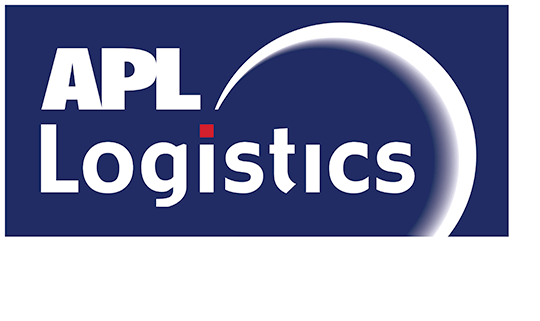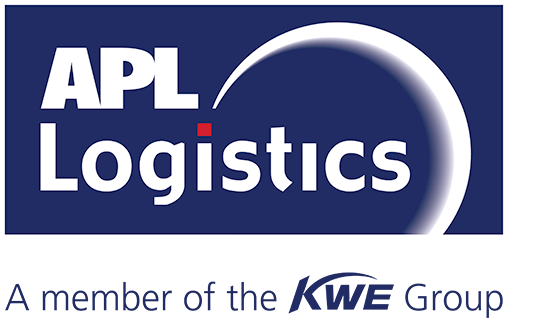May 7, 2024 in Automotive
Accelerating Beyond Compliance: How the EU’s CSR Regulation Could Drive Automotive Supply Chain Efficiency
Ernst Martens, Supply Chain Development Manager EMEA, APL Logistics
Some consider it a watershed moment in corporate governance. After many months of deliberation, negotiation, and amendments, the European Union’s Corporate Sustainability Due Diligence Directive (CSDDD) is set for implementation. Its consequences will extend far beyond the borders of the European Single Market, representing a seismic shift towards ensuring that businesses operationalize human rights and environmental factors not only within their immediate operations but throughout their whole supply chain. While the directive will likely increase the regulatory complexity of the automotive industry, it allows organizations to access long-overlooked opportunities for optimization and cost saving.
Essentially, the CSDDD creates a framework for integrating sustainable practices and due diligence processes into the daily operations of large EU and non-EU companies operating in the European Single Market. The directive requires verifiable measures to detect, prevent, and mitigate adverse human rights and environmental impacts throughout all levels of the supply chain. This legislation is a powerful call to action, requiring companies to rethink how they engage with suppliers and manage their supply chains. There is a narrow three-to-five-year window for full compliance.
THE AUTOMOTIVE SUPPLY CHAIN UNDER SCRUTINY
The automotive industry has long struggled to provide full supply chain transparency. The CSDDD spotlights how crucial it is to have technology and processes in place that can track and provide transparency for orders and parts throughout their journey. While the CSDDD has made these traceability requirements more acute, they are not to be feared. Maintaining visibility may reveal key inefficiencies and chances to optimize operations, both of which can result in significant cost savings.
With the CSDDD’s implementation, transparency evolves from a “nice to have” or best practice into a regulatory requirement. There is now pressure on automakers and their suppliers to put systems in place that can track compliance across global supply chains and to make use of these systems to drive operational excellence.
BEYOND COMPLIANCE: STRATEGIC ADVANTAGES
Enhanced visibility throughout the lifecycle of orders and parts can aid businesses in obtaining a deeper understanding of their supply chain, highlighting opportunities for efficiency gains in addition to flagging risks. These insights often lead to reduced waste, optimized logistics, and, eventually, a leaner, more environmentally conscious operation. These benefits go well beyond the immediate requirement for compliance and have the potential to offset the expected costs for these systems, contributing to a stronger, more resilient business model that is both profitable and sustainable.
On top of regulatory compliance, adopting end-to-end order management solutions and traceability mechanisms in response to CSDDD paves the way for improved market positioning. Companies that can demonstrate compliance with emerging, progressive legislation are likely to gain a competitive advantage internally and externally. They have the ability to appeal to investors, consumers, and their own employee bases who prioritize sustainability and ethical business practices.
THE WAY FORWARD
The EU’s adoption of the CSDDD is extremely significant, prompting the need for companies within the directive’s scope to foster an increasingly transparent, end-to-end network. For the automotive industry, it is a clarion call to evolve and drive further supply chain innovations. Businesses that rise to the challenge and go beyond compliance can leverage these traceability mechanisms as strategic assets, transforming transparency into a competitive advantage.
Through the power of digitized connectivity and automation, a new level of engagement can be ignited between suppliers and partners across various operating locations. This paves the way for a reduction in end-to-end product lead time, emissions, and operating costs, driving efficiency, sustainability, and profitability in the automotive industry.
INTRODUCING PANOM
To comply with the CSDDD and harness the potential for improved optimization and profitability, companies need advanced order planning, predictive lifecycle visibility, and responsive execution across all geographies. Today’s supply chains are fast-moving, and an end-to-end order management solution is crucial to mitigating inventory disruption, meeting customer demand, and adapting to decarbonization legislation.
APL Logistics has honed the capabilities and expertise needed to help our clients rise to these compelling challenges. Our PANOM order management solution can aid your business in preserving sustainability compliance and strengthening resilience in a constantly shifting landscape.
Sources: Commission Europa, Deloitte, KPMG, McKinsey
Learn how PANOM can aid your business in preserving sustainability compliance and strengthening resilience in a constantly shifting landscape.



